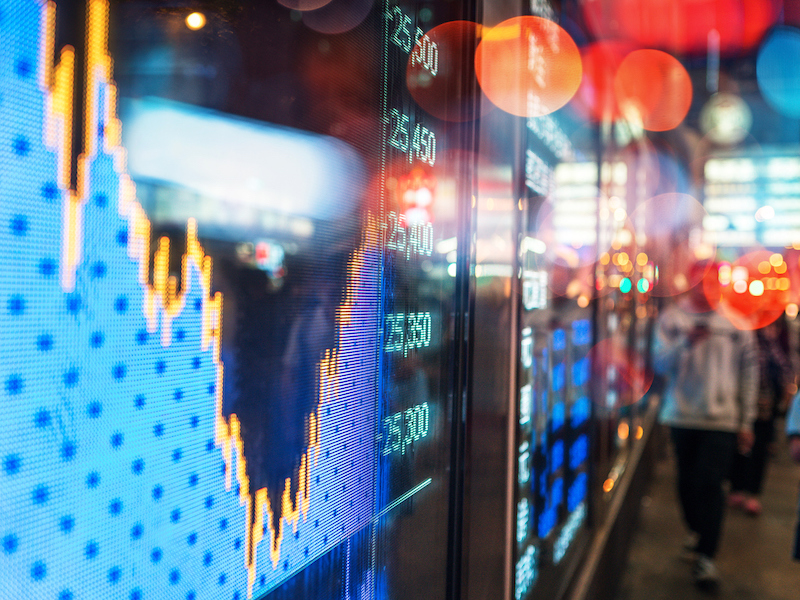
The “meme” stock phenomenon raises a variety of questions about the structure of U.S. equity markets, a report from the U.S. Securities and Exchange Commission (SEC) says.
The SEC examined trading activity in the most notorious meme stock — GameStop Corp. — in January, when the company’s share price and trading volume took off, seemingly fuelled by social media interest.
Several broker-dealers temporarily restricted trading in certain stocks and options in response to the extreme volatility.
The trading activity also raised questions among regulators and others.
“The extreme volatility in meme stocks in January 2021 tested the capacity and resiliency of our securities markets in a way that few could have anticipated,” the report said.
Additionally, it found that the episode revealed certain areas for possible regulatory reform including the “gamification” of retail trading, the practice of paying for order flow, trading in dark pools, and short-selling behaviour.
“January’s events gave us an opportunity to consider how we can further our efforts to make the equity markets as fair, orderly, and efficient as possible,” said SEC chair Gary Gensler in a statement.
However, a couple of SEC commissioners cautioned against drawing any significant conclusions from the meme stock episode.
In a joint statement, commissioners Hester Peirce and Elad Roisman said the report “finds no causal connection between the meme stock volatility and conflicts of interest, payment for order flow, off-exchange trading, wholesale market-making, or any other market practice that has drawn recent popular attention.”
As a result, they warned against undertaking reforms to market structure, or other rules, which could have unintended consequences.
“We always should be on the lookout for ways to improve our rules and our markets, but we must move with the utmost care to ensure we do not harm investors and impair markets that are integral to people’s lives and retirement, as well as the U.S. economy,” they said.